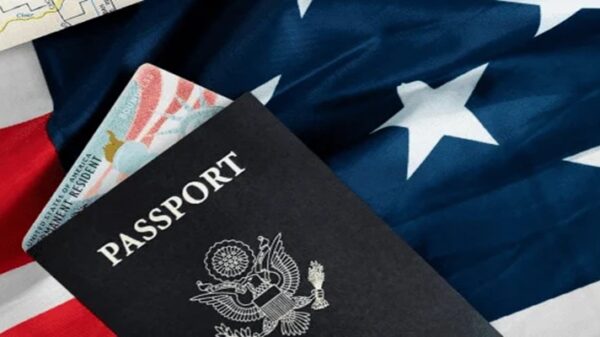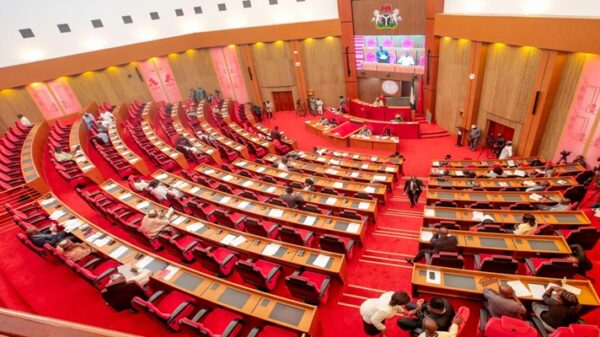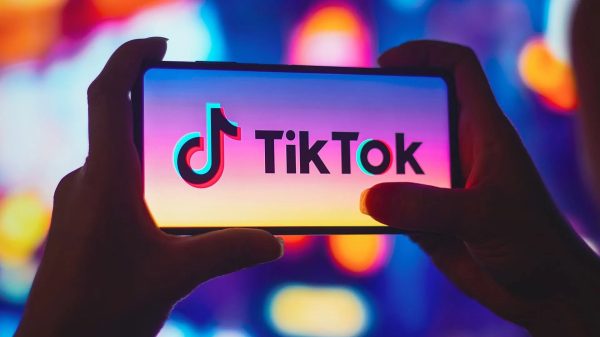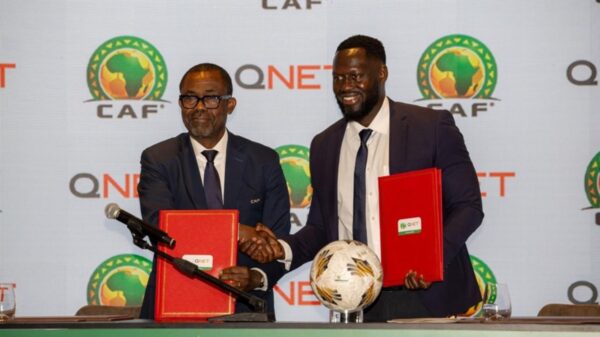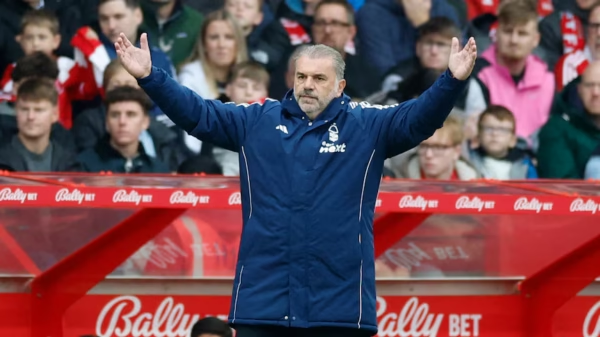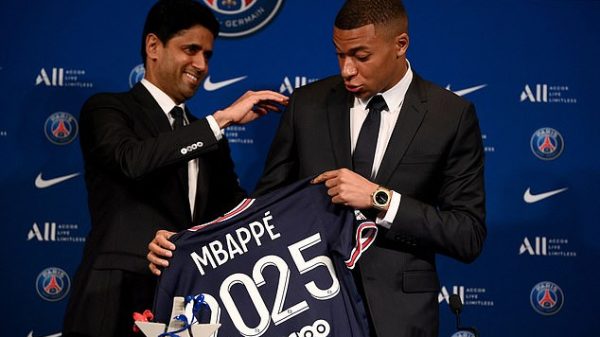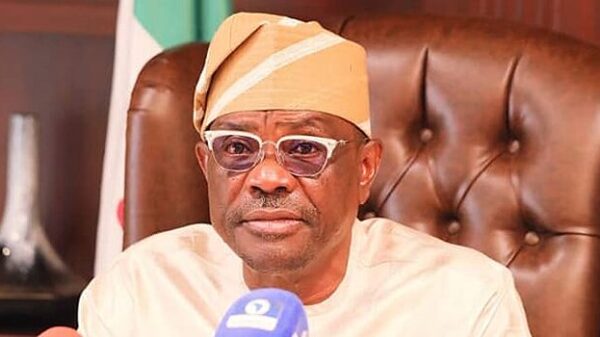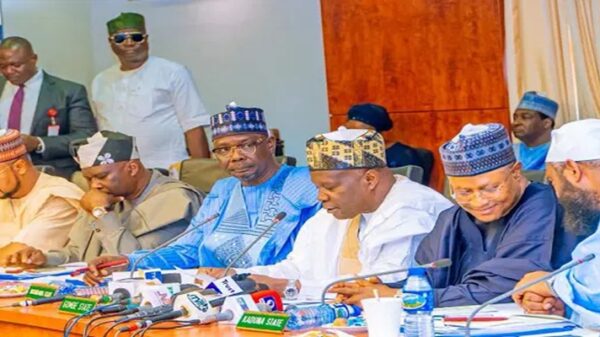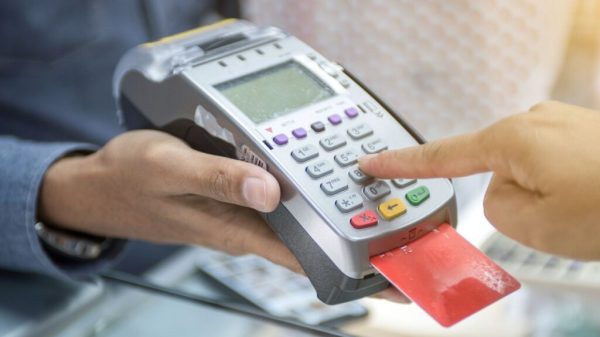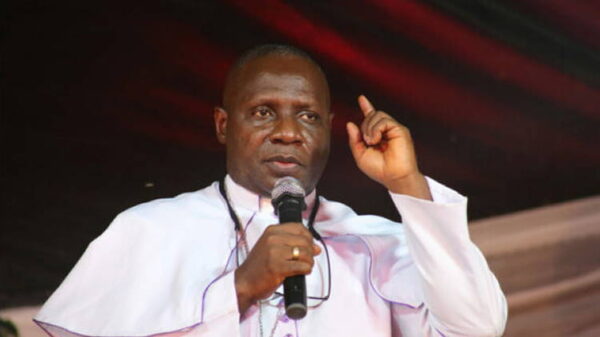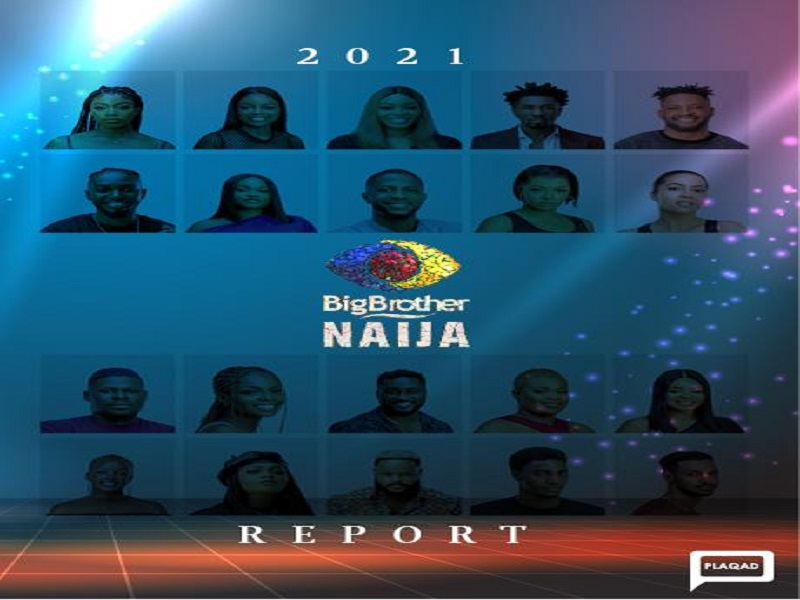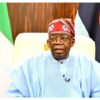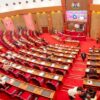By: David I. Adeleke
Big Brother Naija (BBNaija) first aired in 2006 as Big Brother Nigeria, a franchise of the Dutch reality television show. However, it did not come on air again until 2017, when it returned as what we now know as Big Brother Naija.
The show brings together 12 to 20 contestants who live in an isolated house and compete for a grand prize worth over $218,000. The contestants, called housemates, perform various tasks and participate in activities throughout their time in the house that should ideally endear them to the audience. This audience decides over the course of a few weeks which housemates will stay and which will be evicted. Ultimately, the most loved housemate wins the grand prize.
There are a few implications of this show, which many refer to as one of the best illustrations of social psychology. When taken at face value, the show is merely a source of entertainment. However, looking deeper into the data shows that there is far more to it than meets the eye.
How do millions of people come to fall in love with a group of men and women they barely knew until the week each season begins? How do the housemates navigate new relationships that have the potential to become lifelong friendships, relationships that they hardly saw coming? These are some interesting questions the show could pose to social psychologists.
Beyond that, there are questions about cultural impact. How does the show influence our understanding of the ways through which culture and social currency form? How does the show influence how we understand celebrity status and the events that contribute to it? How does it influence how we think about influence and aspiration? Again, these are interesting questions the show could pose to interested academics and researchers.
When people talk about Big Brother Naija, they often do so from an emotional standpoint. In 2019, the first edition of The Big Brother Naija Report was released.
This was done to provide a substantial body of research and data that examine the show’s impact on Nigeria and Nigerians. With that report, data was introduced into the conversations about Big Brother Naija to make it easier for people to have informed opinions about the show and better understand how it impacts society.
The report examined whether Big Brother Naija provides any direct or indirect opportunity for Nigerian youth, and identified the contributions of the show to youth culture and the Nigerian economy.
The second edition of The Big Brother Naija Report, goes even deeper. It dives into questions around the direct impact of the show on its sponsors, advertisers, and the individual businesses that plugged in. It analyses the data to show how people watch and consume BBNaija-related content and how much emotional and mental satisfaction it brings, especially as the world continues to navigate the effects of the COVID 19 pandemic. It also dives into questions about the show’s ability to create celebrities and influence culture.
The report is a product of data from primary and secondary sources, gathered through qualitative and quantitative research methods such as interviews, focus group discussions, and online and offline surveys.
We collected data from show organisers, housemates, sponsors and advertisers, members of the audience, media operators and creators, and members of the public who are both lovers and critics of the show.
![]()

